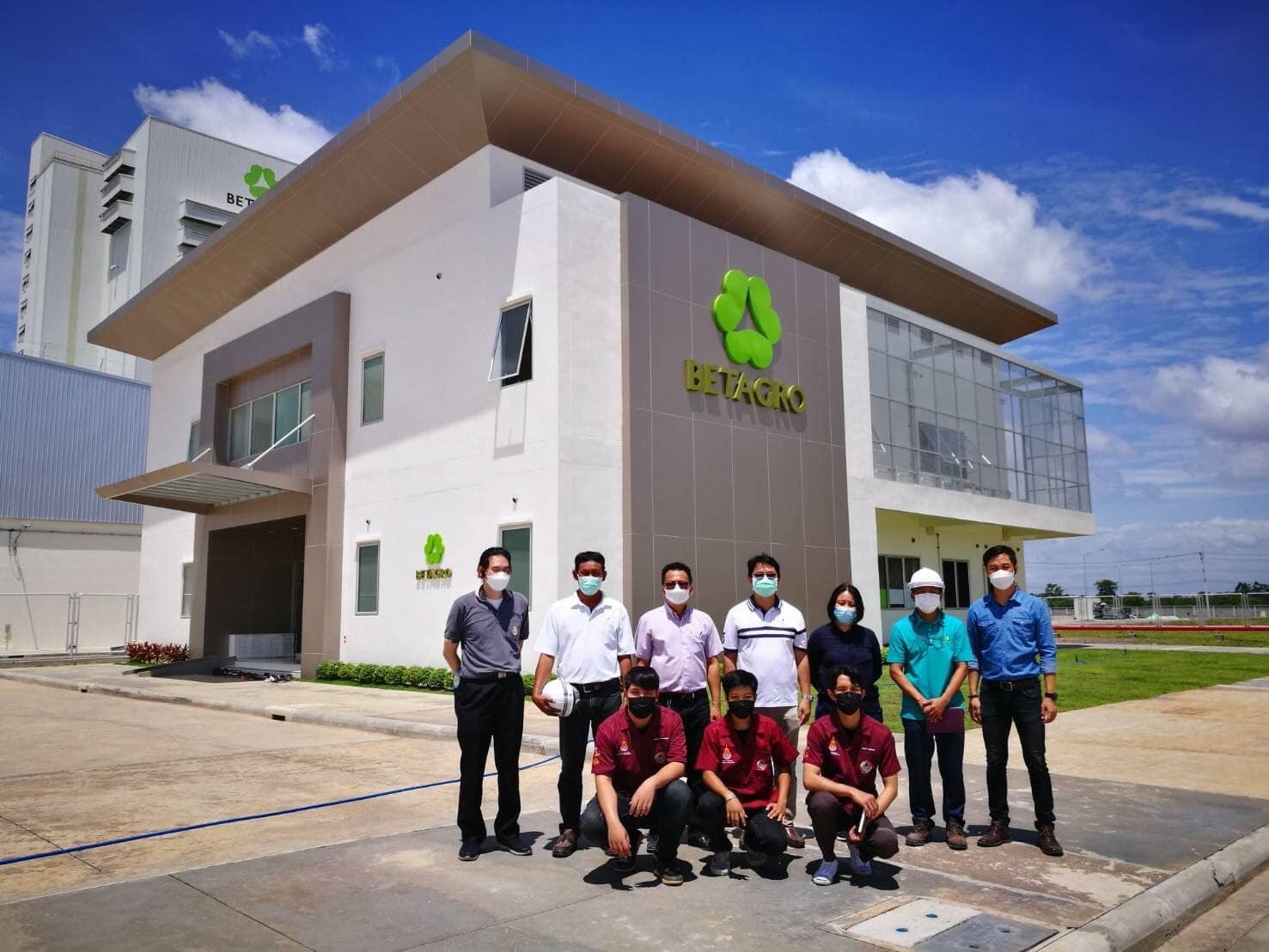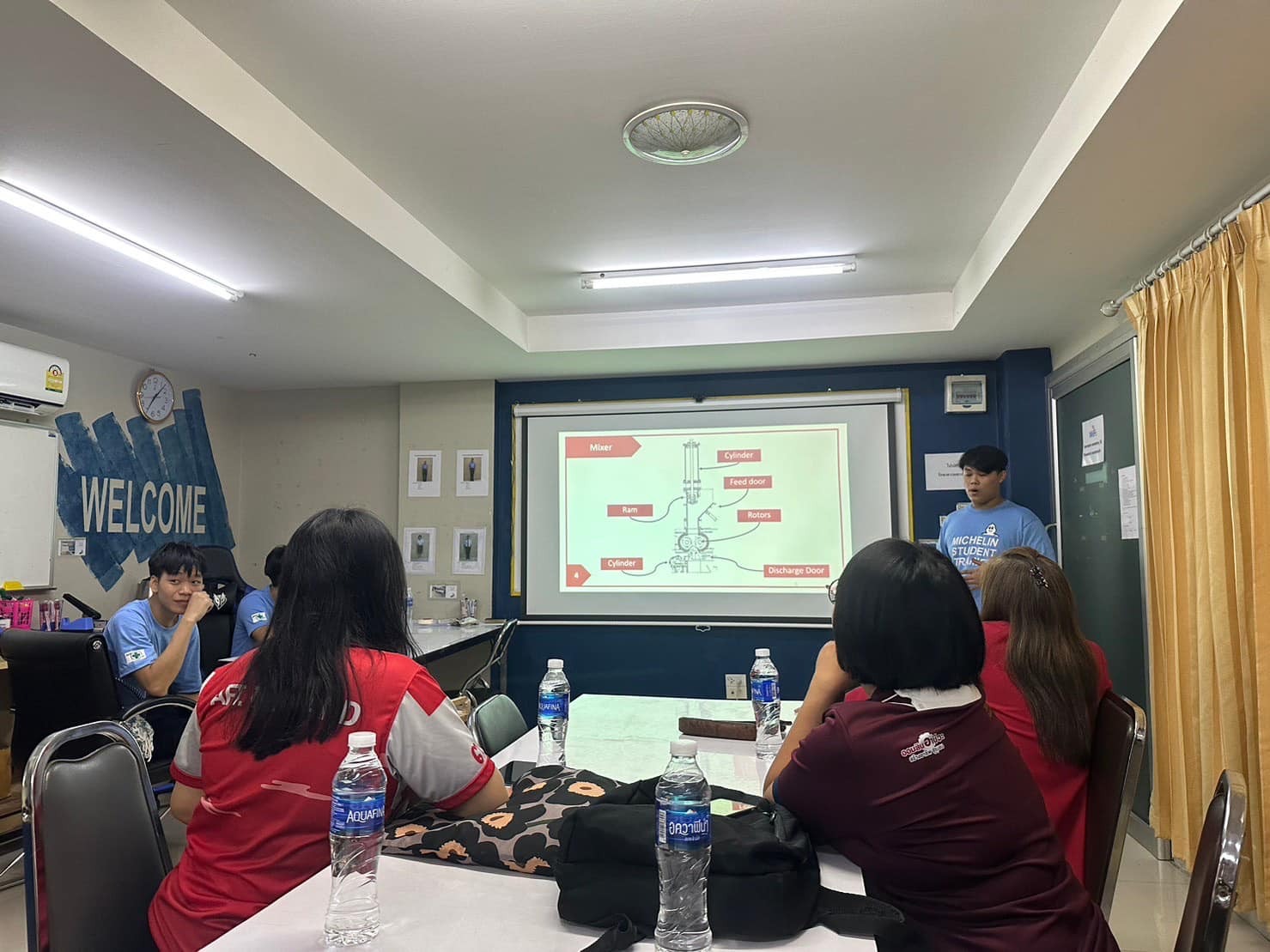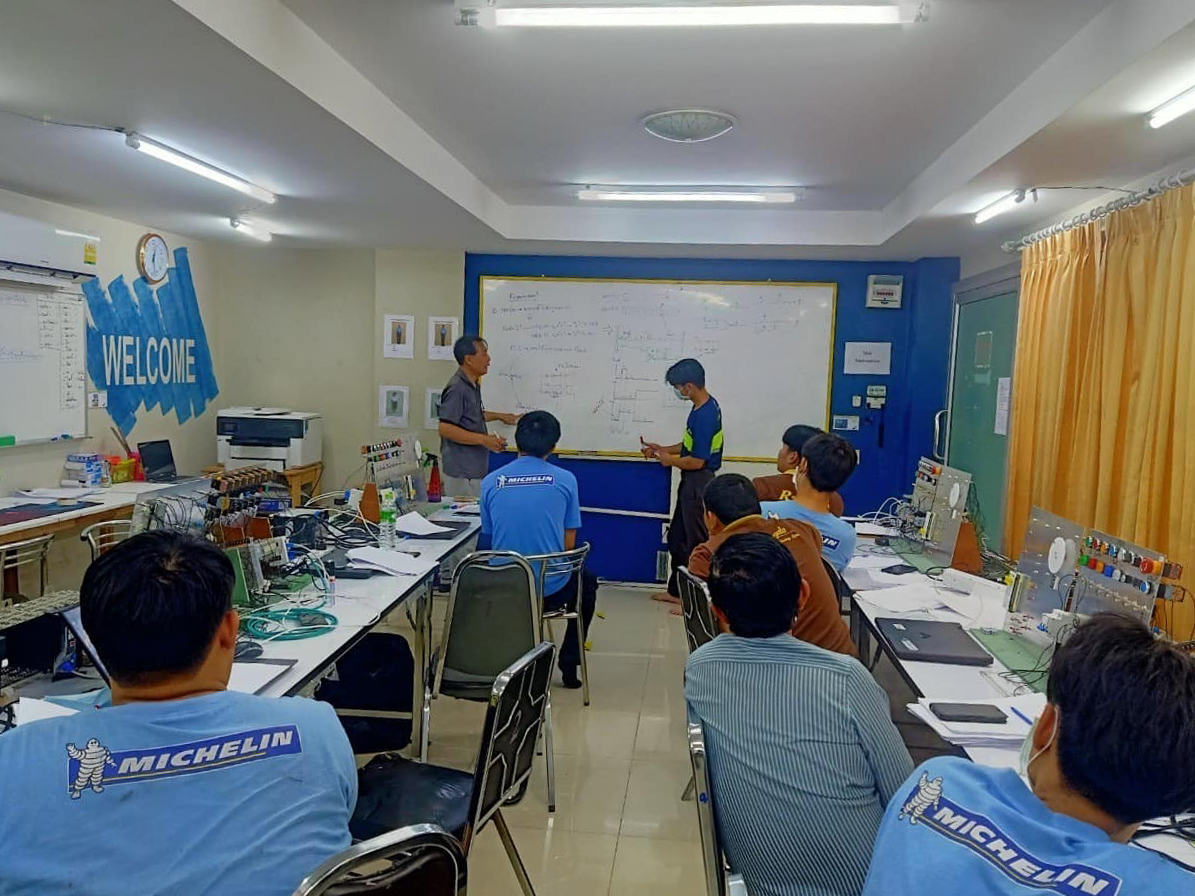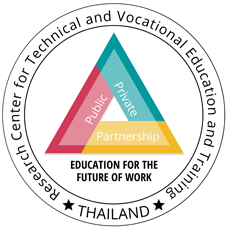1. The Tripartite TVET System (TPTS)
… is a Public Private Partnership (PPP) between the educational sector (RMUTL and TVET colleges, e.g. Sankamphaeng Technical College (SKPTC)), the private sector ((enterprises, companies e.g. Michelin Siam Co., LTD., Betagro Group, Star Holding) and the public sector (National Science Technology and Innovation Policy Office (STI Office) which is now known as The Office of National Higher Education Science Research and Innovation Policy Council (NXPO). TPTS acts as the overarching structure for projects promoting the development of WBL in the context of dual TVET. The TPTS has been established in the northern part of Thailand on the initiative and under the auspices of RMUTL and shall be expanded further.



Roles and Responsibilities of the Partners
The RMUTL acts as a kind of “coach” and is responsible for the educational organization, establishment of network activities and coordination hereof in cooperation with vocational schools and private companies.
Companies are responsible for the planning of the training programme (together with the other partners such as universities and vocational schools), for the development of trainees’ competences according to the needs of industry.
Vocational schools are, for example, in charge of the placement of teachers for vocational classes and specialized vocational study, internships or project content in close cooperation with the facilitators/master students of RMUTL.
2. The School-in-Factory Project (SiF)
… is a Public Private Partnership (PPP) project. It provides a dual learning structure which can be considered as a best practice Model. SiF “provides learning opportunities for TVET in different learning venues” (Moonpa et al. 2019, p. 11).
Responsibilities of the Partners
The Rajamangala University of Technology Lanna (RMUTL) is responsible for imparting and acquiring the theoretical foundations and preparing these academic units. The companies, in turn, are responsible for training in the professional field of activity (in practice, in and for work). They support students in acquiring professional action competencies.
History and Roles of the Partners
The SiF started in 2012 as a PPP project between
- the National Science Technology and Innovation Policy Office (STI) as the supporting government agency (public sector),
- Rajamangala University of Technology Lanna (RMUTL) as provider of lecturers and facilitators (educational sector), and
- the Michelin Siam Company Ltd. (private sector), taking care of in-company training, fees, accommodation costs and remuneration of lecturers (Phalasoon 2017).



WBL scheme and Learning Venue Cooperation
In the two-year SiF cycle of dual TVET education and training, students spend three months per year at the university, which prepares students for the workplace in a training phase and two years in the company. In terms of learning venue cooperation, the RMUTL prepares students for the workplace in a two-month training phase. Theoretical lessons are also given in the company/factory, and RMUTL awards a final diploma (ibid.).
3. Research Center for Vocational Education at Rajamangala University of Technology Lanna (RMUTL)

One effect of the ProWoThai action research project is the establishment of a TVET research center at the Rajamangala University of Technology Lanna (RMUTL) under the auspices of Asst. Prof. Dr. Niwat Moonpa. It is dedicated to the development of research competences and capacity building. Research and development work has already started on the expansion of dual vocational training with a continued focus on WBL.
The TVET research center is a milestone in further institutionalizing TVET and will ensure the sustainability of the ProWoThai project’s results.

